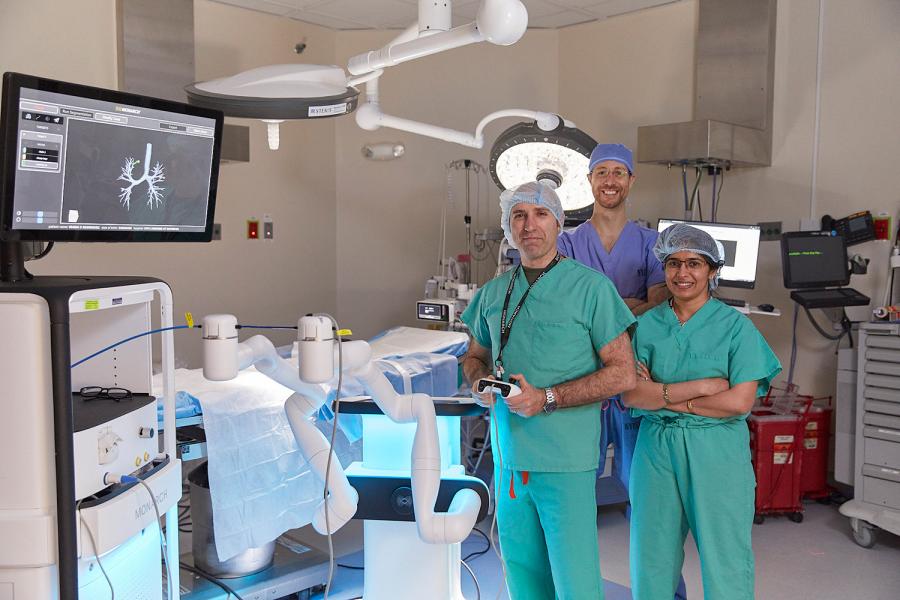Division of Pulmonary, Critical Care & Sleep Medicine
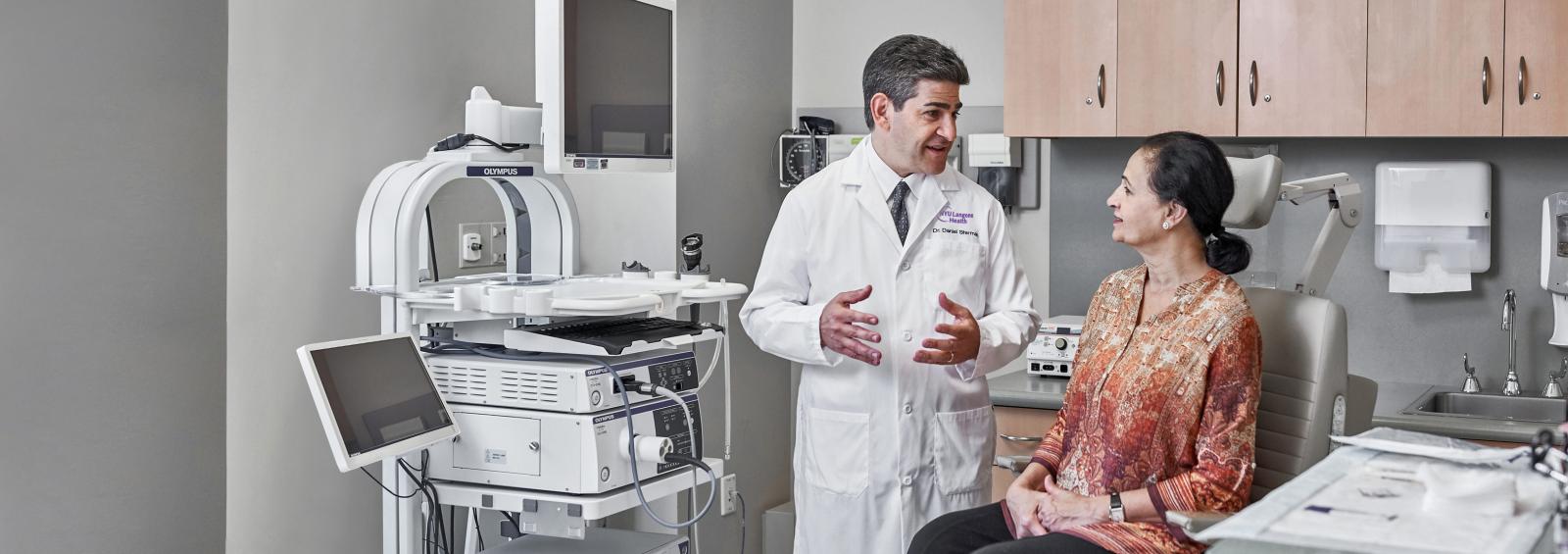
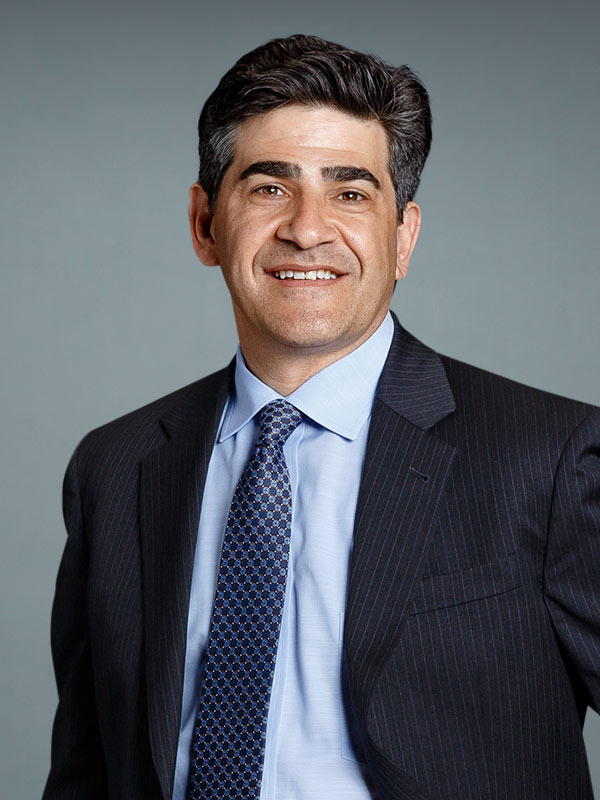
Daniel H. Sterman, MD
Division Director
NYU Langone Health’s Division of Pulmonary, Critical Care, and Sleep Medicine, an integral part of the Department of Medicine, leads the way in the implementation of clinical and research programs in tuberculosis, bronchiectasis, nontuberculous mycobacterial infection, chronic obstructive pulmonary disease, asthma, environmental lung disease, World Trade Center dust exposure, lung cancer, and cystic fibrosis. Our fellowship training, continuing medical education, and conferences and seminars demonstrate our outstanding commitment to ensuring that physicians receive the highest level of education in clinical care and research.
From our roots at the first public hospital in the United States with a primary focus on patients with tuberculosis, to a modern multi-hospital clinical and research program on the cutting-edge of medical advances, our division has grown and thrived. More than 160 fellows have graduated from our program, and our work is widely represented in a variety of scientific journals and textbooks and at prestigious symposia, policy summits, and scientific meetings. We treat thousands of patients in our outpatient, inpatient, and critical care programs across five different hospitals and three separate health systems.
Conferences and Events

Fellowship Training
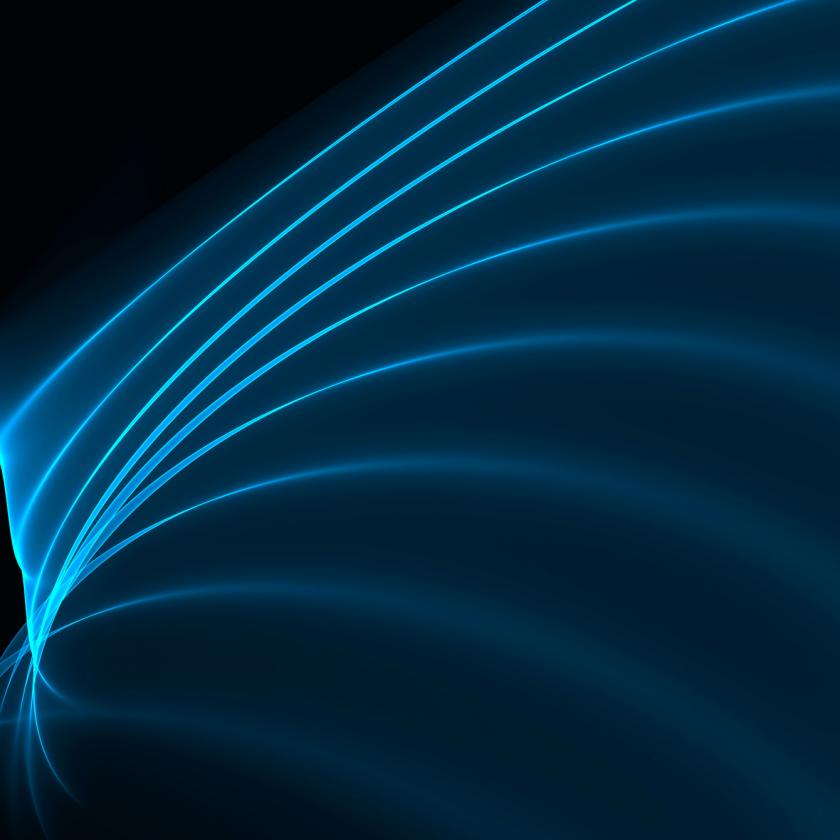
Our Research
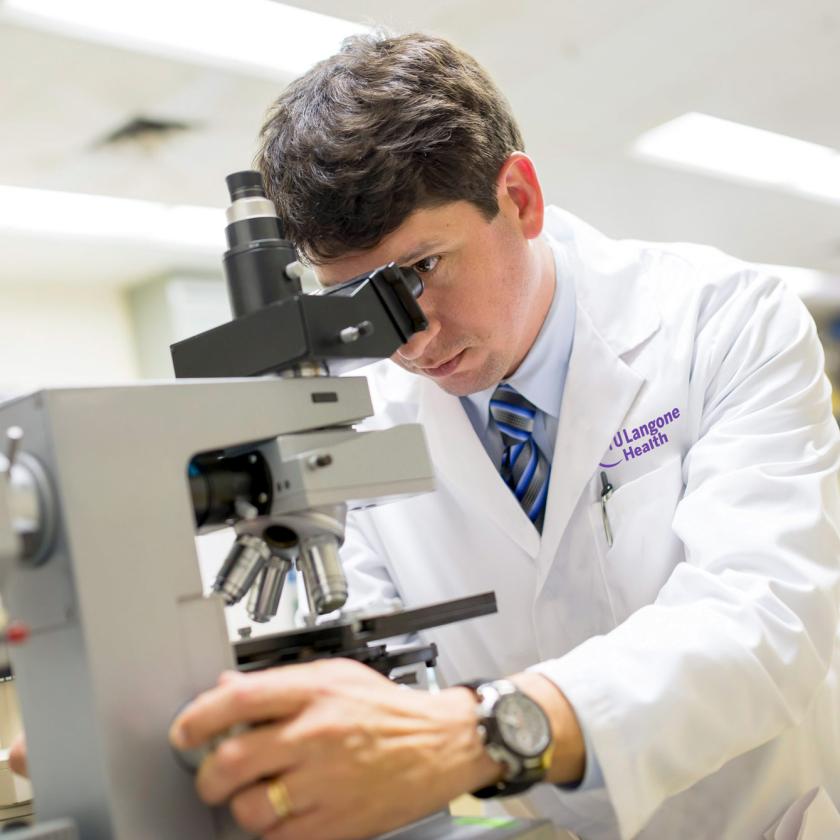
Our Clinical Services
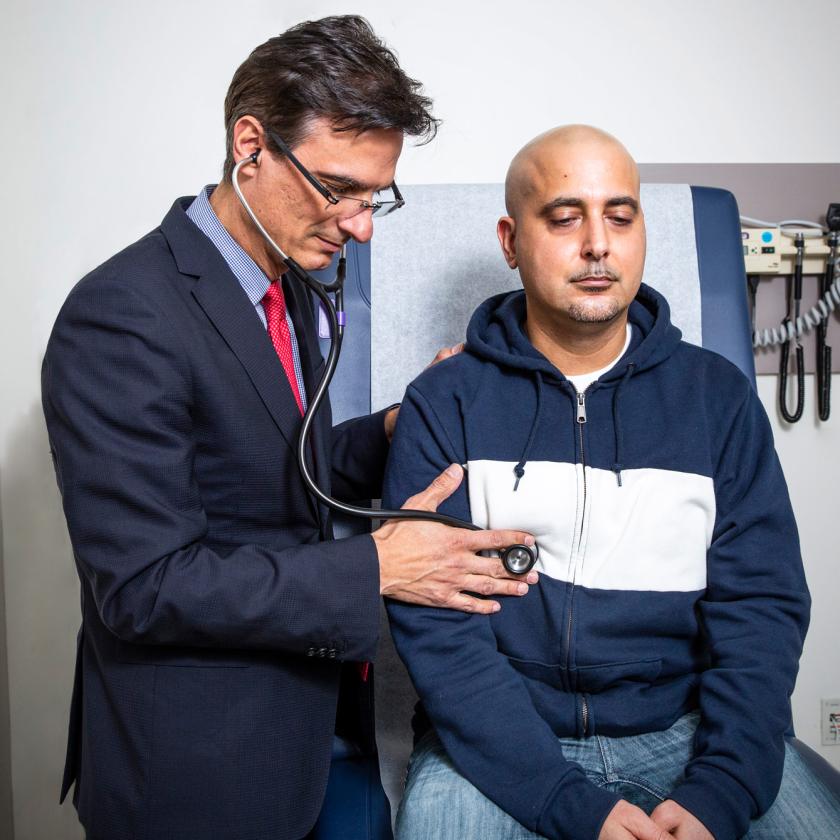
World Trade Center Health Program

Our Faculty

Related News

First-Ever Robotic Double Lung Transplant Complete

Video Series Features Lung Cancer Expertise & Patient Focus
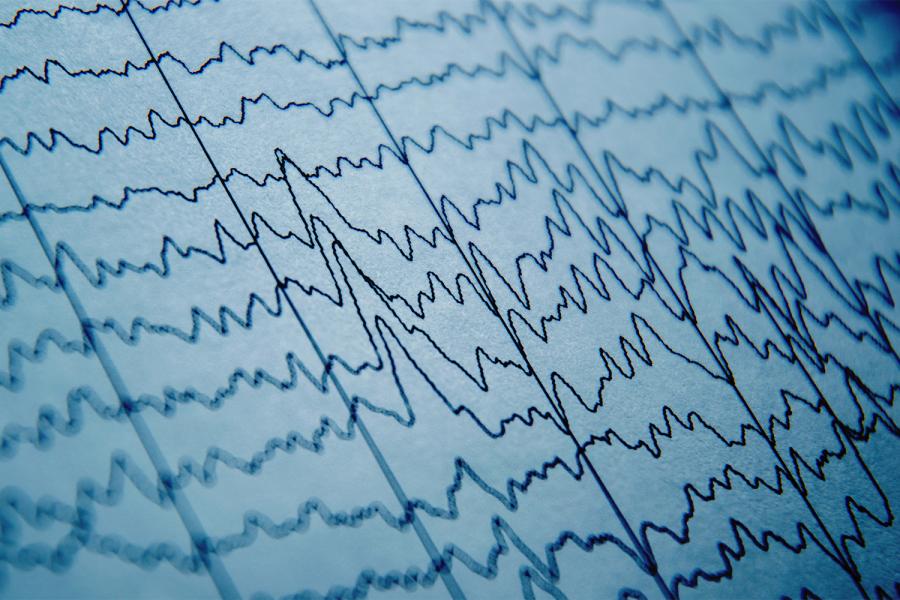
Study Explores Recalled Death Experiences
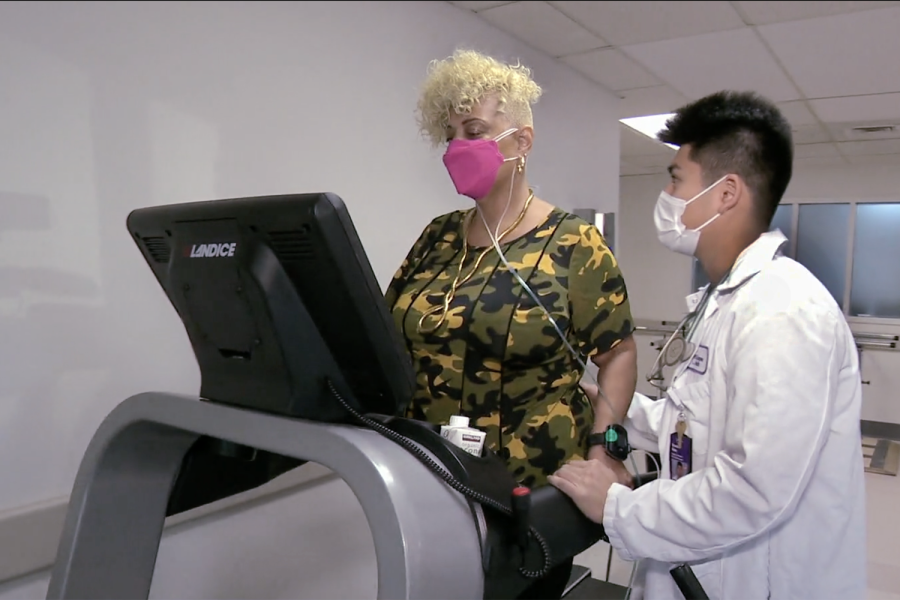
Brooklyn Resident Fights Lingering Symptoms of Long COVID
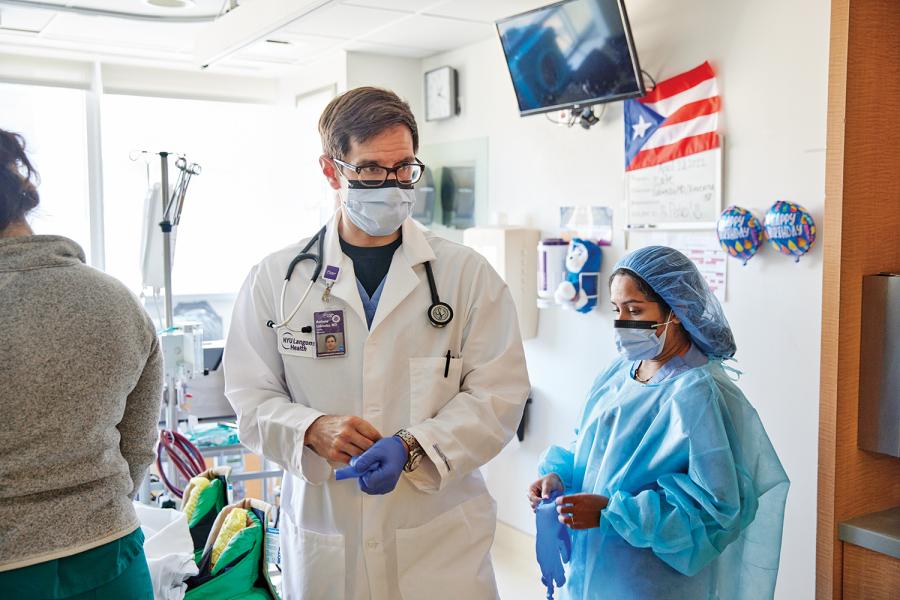
A Lifesaving Intervention for Critically Ill COVID Patients
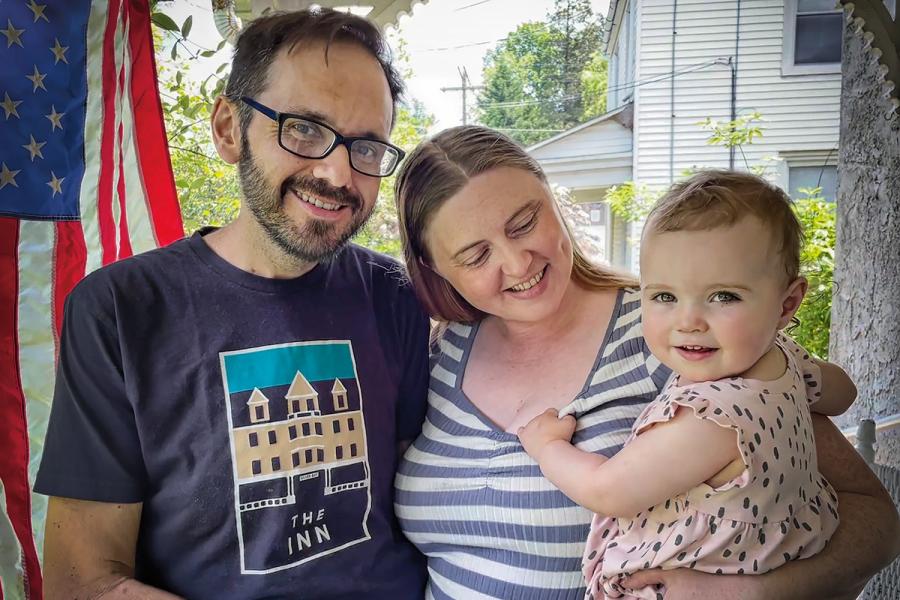
New Father Gets a Heart, Lungs & Kidney—Just in Time
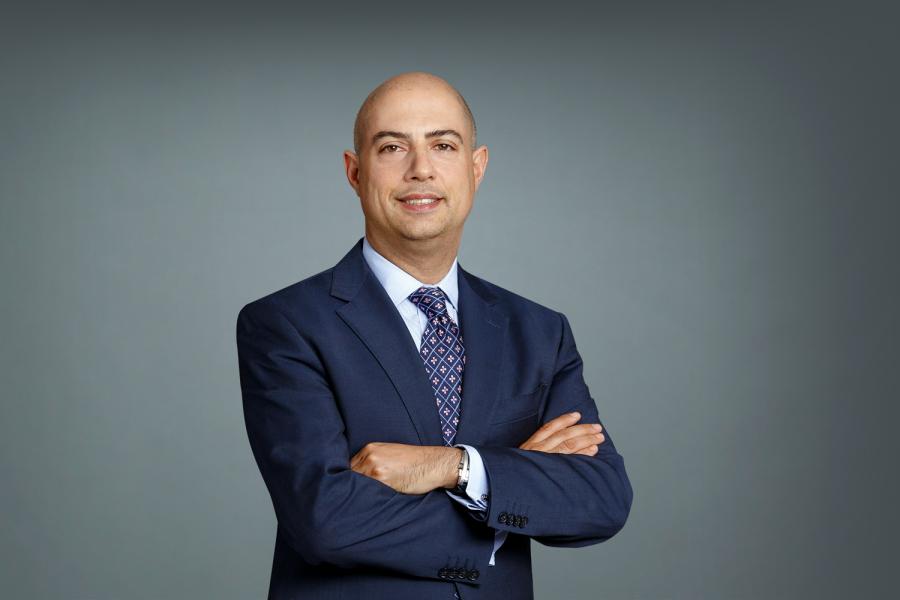
Recalled Experiences Near Death: More Than Hallucinations?
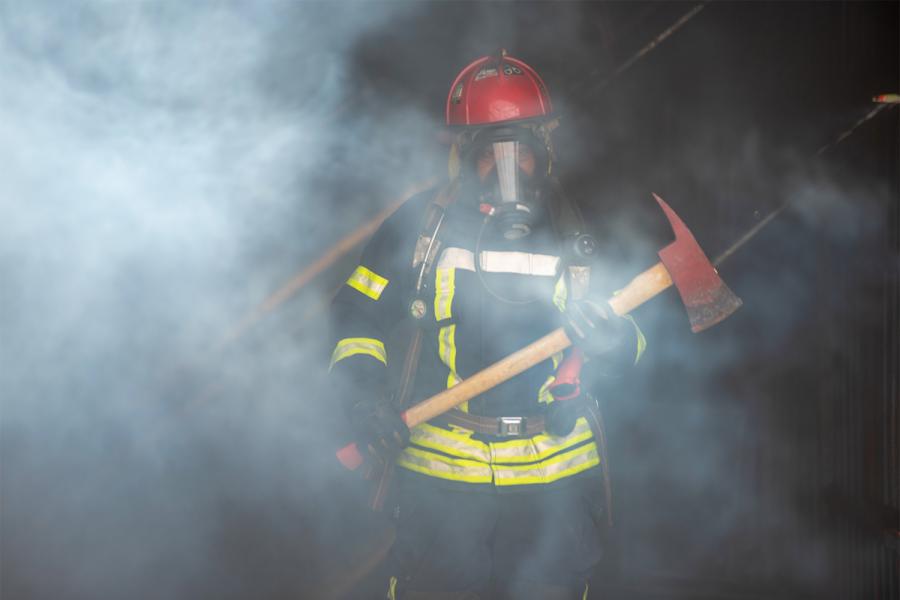
Health Effects of 9/11 Are Still Impacting First Responders
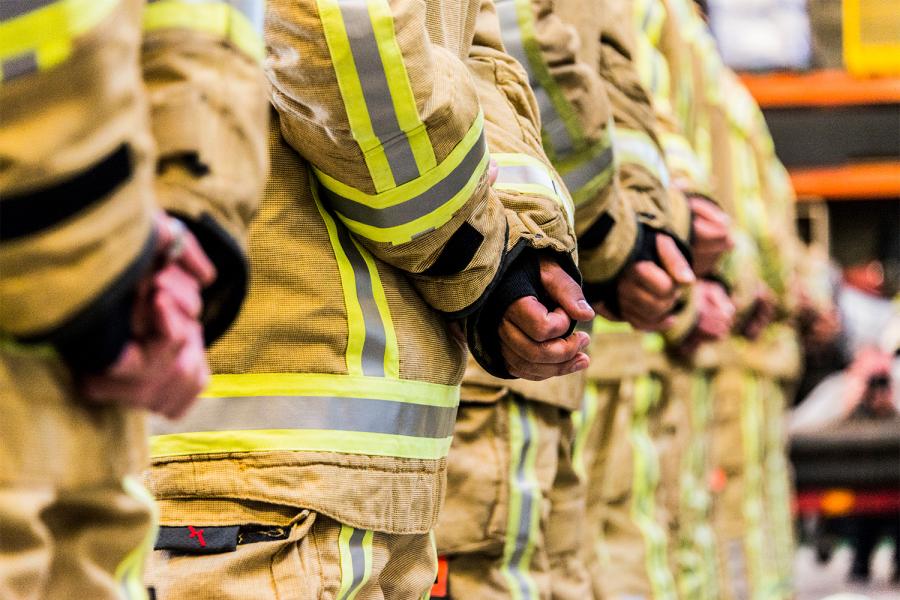
How 9/11 Firefighters May Lower Their Risk of Lung Injury
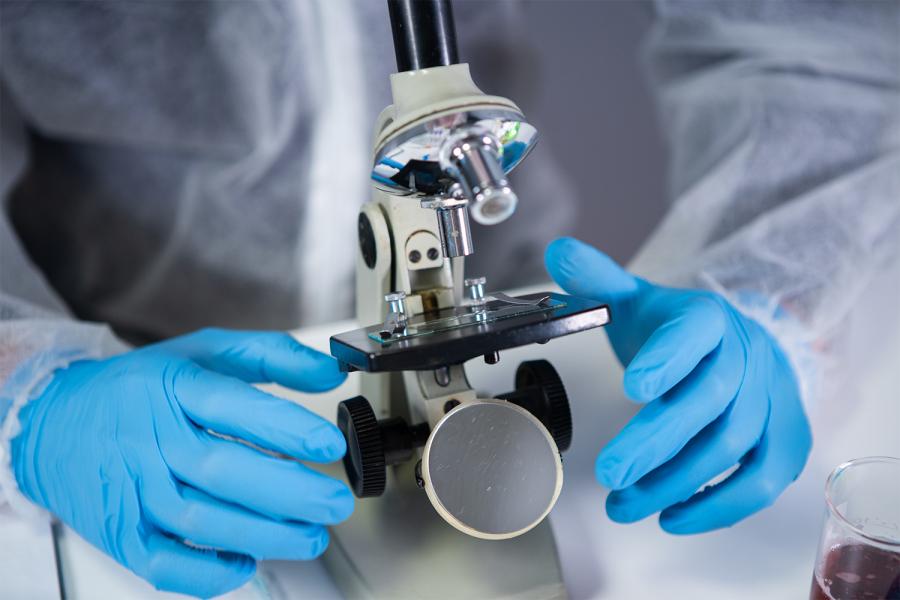
High Virus Count in the Lungs Drives COVID-19 Deaths

How NYU Langone Scientists Are Cracking the COVID-19 Code
